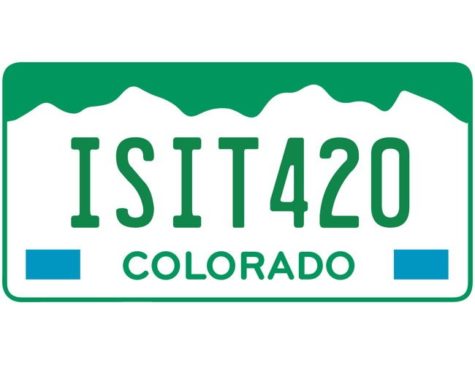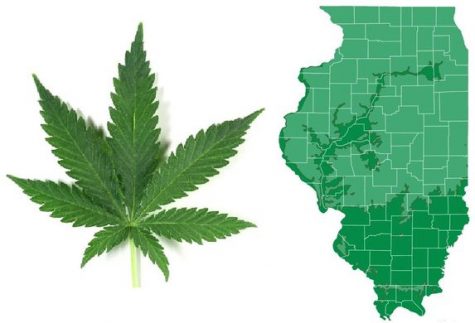Colorado introduces law to provide minority cannabis entrepreneurs with adequate support
On Sunday, March 21, Governor Jared Polis (D) of Colorado descended upon a dispensary in Denver for the sole purpose of signing into law a measure that would provide support for qualifying social equity licensees who want to operate a cannabis business in the state.
Based on the details of the measure, a program would be formed within the state Office of Economic Development and International Trade that will prioritize individuals who have been severely affected by the failed war on drugs.
A summary of the bill states that it will grant social equity licensees the opportunity to obtain loans that will serve as “seed capital and ongoing business expenses,” in addition to grants “to support innovation and job creation.” Furthermore, cannabis business owners will be offered technical assistance.
The state’s cannabis tax money fund is expected to fund Colorado’s cannabis entrepreneur program with a $4 million cash injection — this money will be used to offer social equity cannabis licensees grants, loans and technical assistance.
Previously, the bill (SB21-111) was passed by lawmakers with a vote of 19-15 in the Senate and 40-23 in the House.
What will Colorado’s cannabis social equity program include?
Numerous doors are expected to be flung wide open for social equity licensees in Colorado, as per Governor Jared Polis’ signing of SB21-111. For example, ongoing business expenses and seed capital will be easily accessible to licensees in the form of loans.
Moreover, job development and innovation in the industry as a whole will be supported by grants that are offered to social equity licensees. SB21-111 also states that technical assistance – including consulting services, business plan creation and funding for the augmentation of technical assistance programs that already exist in Colorado – will be funded.
In order to stay on top of things, the Colorado Office of Economic Development is being instructed to file an annual report with the governor outlining exactly how the money is being used.
What are the requirements to be a social equity licensees in Colorado?
Someone who wishes to obtain a social equity license and gain access to Colorado’s cannabis market must be a resident of the state. Furthermore, he or she must hold majority ownership in a cannabis business.
Some other criteria must also be met for someone to be considered a social equity licensee in Colorado. Let’s take a look:
- The applicant or an immediate family member has been arrested/convicted for a cannabis offense;
- The applicant resided in an underprivileged community between 1980 and 2010 for no less than 15 years;
- The applicant’s income rests below a certain threshold.
“Our war on cannabis falls disproportionately on people of color, effectively reducing access to an industry that’s fully legal and regulated in our state,” said Polis during a press conference that took place prior to the bill’s signing.
The governor added that SB21-111 is “especially important, because right now the federal Small Business Administration prevents federal resources from going to support and help companies that operate in the legal cannabis industry.”












